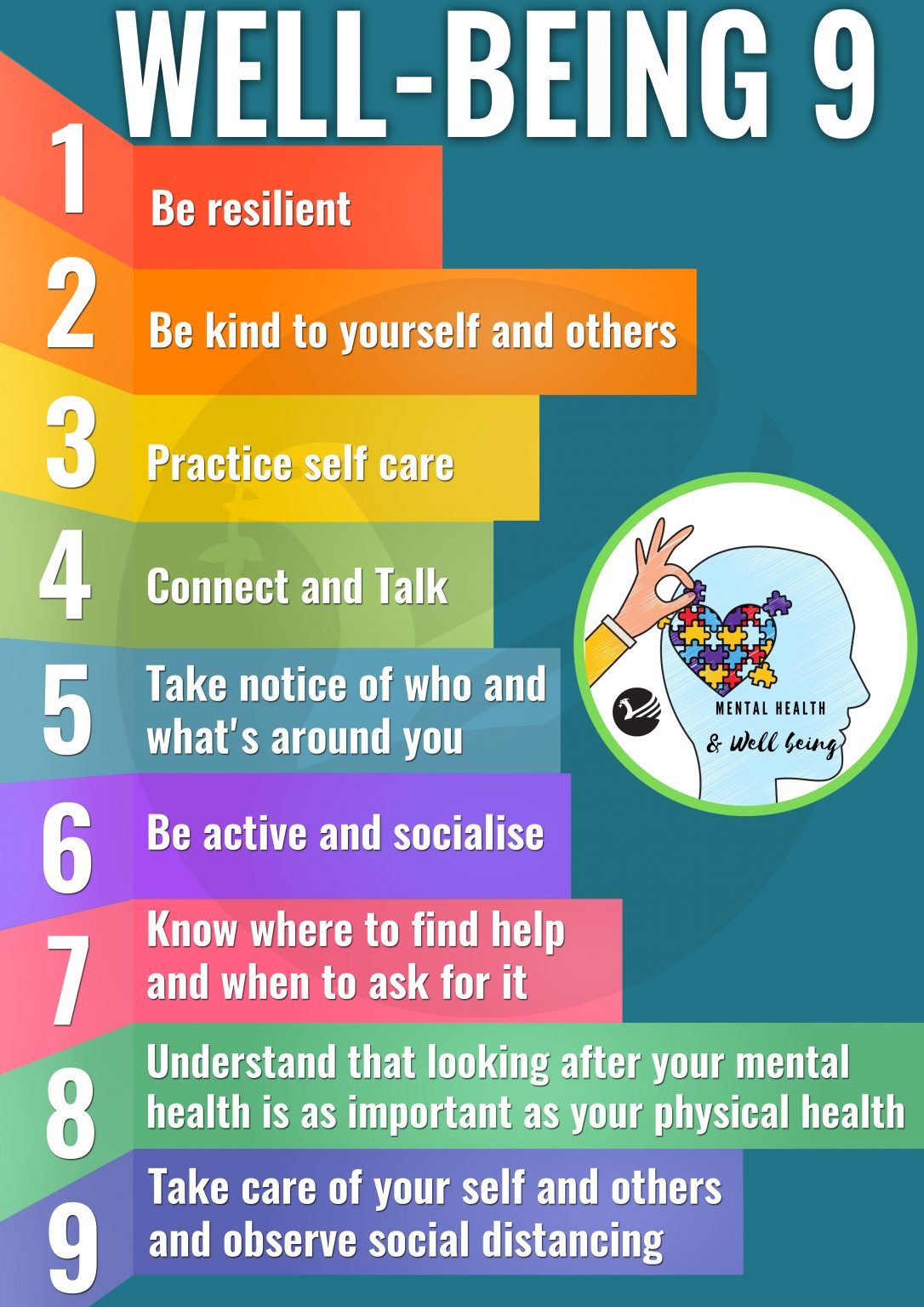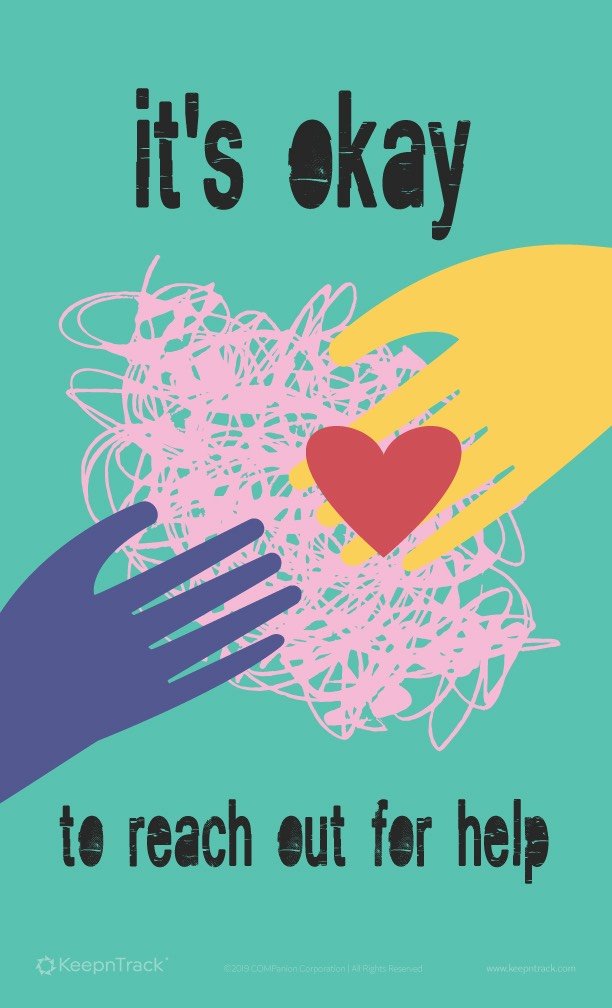Mental Health
Supports
It can be challenging to find Mental Health Supports if one is Neurodiverse.
This site is is focused on getting resorces and exposing this issue.
Supports
Mental Health Supports is a website aimed to help people find a place of comfort, a place to guide them a bit on their own neurodiverse journeys. Whether you are new on your journey, or have been at this for a while. We hope that this website can help provide a sense of hope, kindness, support, and acceptance, where we won’t judge you for who you are. We can embrace our unique talents and life journeys while helping each other a little along the way!



Our latest posts

Life Update
— Finding Balance: My Journey of Self-Improvement and Battling Inner Doubt For the past few weeks or almost a month I have been able to go to

Summer Update
**Greetings from Laura and Jay: Reflecting on an Eventful Year** Hello and welcome! I’m Laura, and my friend Jay. Thank you for taking the time to read our blog post.

Mental Health Supports
Just talking about mental health isn’t enough. We need the knowledge, skills and confidence to step up and be there for one another.

Sliding into summer
Welcome everyone! It is almost summertime now and many of you might be excited for what the sunshine will bring. Some of us might have plans for vacations or road
Mental Health Challenges for Teens
Obtaining mental health support for teenagers can be challenging for various reasons. Some of the common challenges include:
Stigma: There is still a significant stigma associated with mental health issues. Many teens may fear judgment from peers, family, or even themselves, which can discourage them from seeking help.
Lack of Awareness: Teens, and sometimes even their parents, may not recognize the signs of mental health issues or may mistake them for typical teenage behavior.
Limited Access: Mental health services may not be readily available in some areas, particularly in rural or underserved communities. This can result in long wait times or the need to travel long distances for care.
Financial Barriers: The cost of mental health services can be a significant obstacle for many families. Even when services are available, they may not be affordable without insurance.
Insurance Issues: Understanding what mental health services are covered by insurance and how to navigate the system can be confusing for parents and teens.
Long Waiting Lists: In some regions, there are long waiting lists for mental health services, which can be especially problematic when a teenager needs help urgently.
Lack of Qualified Providers: There may be a shortage of mental health professionals, including child and adolescent specialists, making it difficult to find appropriate care.
Privacy Concerns: Teens may be hesitant to seek help due to concerns about their privacy and confidentiality. They may worry that their parents or peers will find out about their issues.
Reluctance to Seek Help: Some teenagers may not want to admit they have a problem or may be reluctant to seek help due to feelings of shame or fear of being labeled as “different.”
Complexity of Mental Health Issues: Mental health issues can be complex and may involve co-occurring conditions. Accurately diagnosing and treating these conditions can be challenging.
Cultural and Social Factors: Cultural and social factors can play a role in the reluctance to seek mental health support. Some cultures may stigmatize mental health issues, and social pressures can discourage teens from opening up about their struggles.
Limited School Resources: While some schools offer counseling services, these resources may be insufficient to meet the needs of all students. Additionally, not all schools have trained mental health professionals on staff.
Lack of Transportation: Teens who do not have access to reliable transportation may find it difficult to attend therapy sessions or access mental health services.
Addressing these challenges often requires a coordinated effort among parents, schools, healthcare providers, and communities to reduce stigma, improve awareness, and increase access to mental health support for teenagers. It’s essential to create an environment where seeking help is encouraged and where services are available and affordable.
We have been there. As Self Advocates we have experienced teasing and challenges at school.
Learn more about us and how we got through our struggles and why we want help with resources for others.

Questions
Whether you’re curious about Mental Health or helping others we hope that we can be of support.